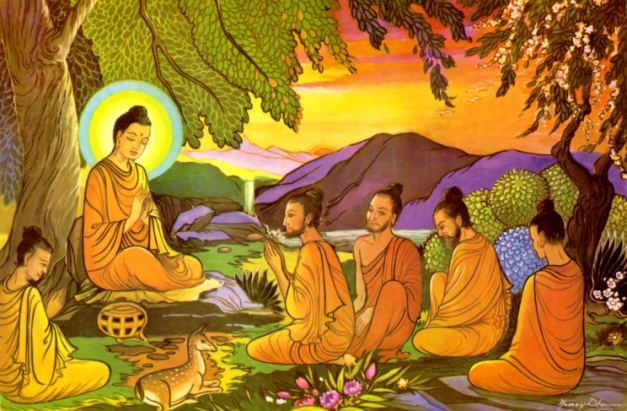
Criticism is the act of pointing out the inadequacies or faults in a person or thing.
While criticism is often perceived as negative it can actually have a crucial role in helping to distinguish truth from falsehood and right from wrong, particularly when assessing the different claims of religions. Given this dual quality, the Buddha said that while criticism is valid, it has to be done with circumspection.
A man once said to the Buddha that some people criticise the wrong but do not praise the worthy, others praise the worthy without criticising the wrong, some criticise the wrong and praise the worthy and others refrain from either criticising the wrong or praising the worthy. He then said to the Buddha that he believed the person who refrained from both criticism and praise is the best of the four. The Buddha responded to these observations by saying:
‘I maintain that one who criticises that which deserves criticism and praises that which deserves praise, at the right time, saying what is factual and true, is the best. And why? Because their timing is admirable.’ (A.II,97).
Two things are suggested here. Before we point out the shortcomings in something or someone, we must make sure we are acquainted with the facts and that our criticism is valid. Secondly, our criticism must be done at the right time – e.g.
when it is more likely to stimulate positive change. Criticising other people is better done in private rather than in public, to their face rather than behind their back, when we ourselves are free from the fault we are criticising and when we can honestly say that our motive is a desire to help the person.
Referring to constructive criticism, the Buddhist philosopher Nāgarjuna wrote in his Ratanavāli, ‘Rare are helpful speakers, rarer still are good listeners, but rarest of all are words that though unpleasant are helpful.’
Source: http://www.buddhisma2z.com


















